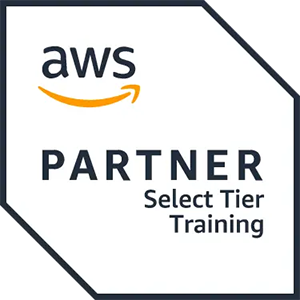Kehitä urapolkuasi Microsoft-pätevyyksillä
Insoft Services on johtava auktorisoitujen Microsoft-koulutusten tarjoaja. Insoftin koulutustarjontaan lukeutuu laaja määrä kursseja, labroja ja neuvoja.
Meidän Microsoft Official Courseware (MOC) sisältää uusimmat tuotteet ja teknologiat jotka ovat juuri nyt ajankohtaisia.
Meidän Microsoft-kurssit ovat räätälöitävissä. Insoft tarjoaa joustavia ratkaisuja, jotka sopivat sinun budjetillesi ja liiketoimintamallillesi.
Koulutusvaihtoehdot sisältävät kouluttajajohtoisia kursseja, sekä virtuaalisia luokkahuoneita, verkko-oppimista sekä pyynnöstä yksityistä asiakkaan luona tapahtuvaa koulutusta. Insoftin Microsoft-koulutusten valikoima on yksi laajimpia alalla ja Insoft on virallinen Microsoft Certified Trainer (MCT). Siksi voimme tarjota huippuluokan opiskelupalveluita, jotta voit saavuttaa sertifiointisi nopeasti.

 United Kingdom
United Kingdom Germany
Germany Denmark
Denmark Sweden
Sweden Italy
Italy Netherlands
Netherlands Norway
Norway 
















